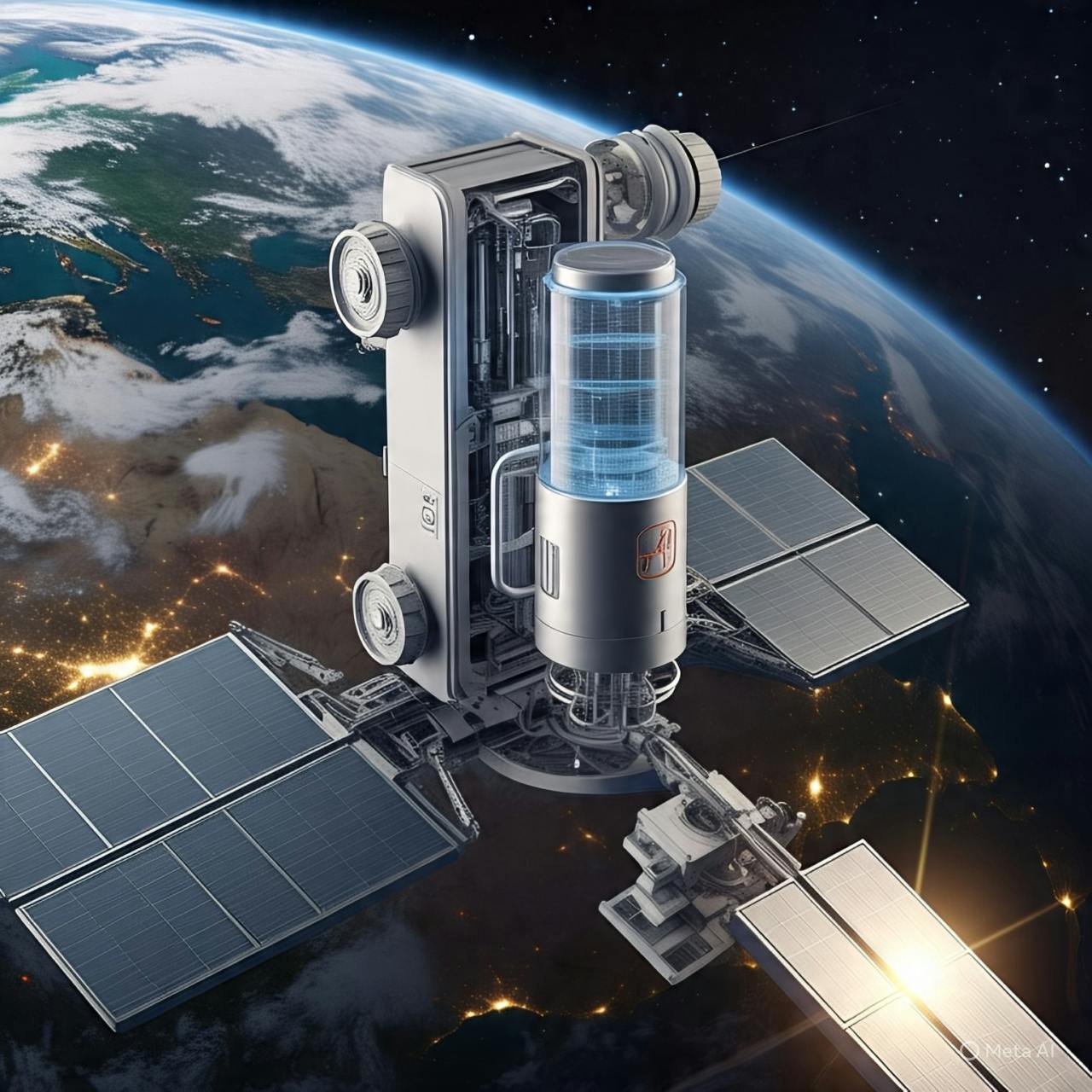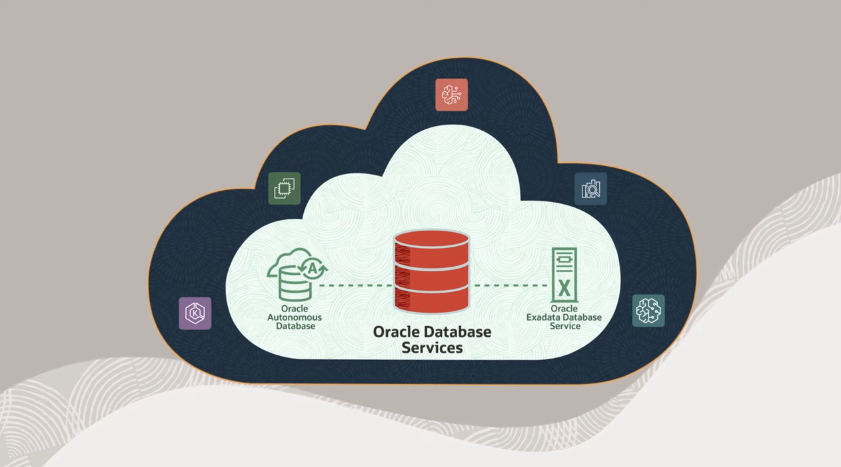How Can Space Tech Help Us Build a Decentralized Internet?
TL;DR: Satellites as blockchain nodes will unlock a censorship-resistant, accessible internet beyond Earth’s centralized infrastructure.
1. Introduction
Earth’s Internet was designed as a decentralized system to avoid single points of failure in military communications.
It was named after the network of networks.
That’s why it was born decentralized.
Somewhere along the way, control crept in.
Today, global internet traffic relies heavily on undersea cables, central data centers, and regulatory bottlenecks.
What once aimed for resilience has drifted toward fragility, censorship, and control.
Today, we need to think beyond Earth’s boundaries.
In a decentralized model, you can connect to multiple locations simultaneously, with no single point of control or failure, and with government control.
This is great for reliability and compliance with information traversal regulations, as well as addressing privacy and data concerns.
Hence, we began to consider UTC times beyond Earth.
How will we communicate with other worlds?
What kind of internet will we need when we’re no longer limited to Earth?
2. Space Tech and a Decentralized Internet
Developing new technologies is always very important to push the knowledge, as we did in the past with a lot of space inventions like water purifiers, smoke detectors, plastics, and cordless handy tools.
Many of these inventions were developed for space missions, and now we use them on Earth.
Inter-satellite communications and blockchains, where each satellite is a fault-tolerant node, will be the new model to copy down here on the ground.
There are several private companies and startups building blockchain satellite networks. Some of them treat space as a shared digital commons, bypassing controls.
This isn’t science fiction anymore. It’s already orbiting.
3. Potential Benefits of Space Tech for Decentralization
The decentralized solution is not obvious in countries and regions with many different available streams.
There is a different situation in emerging countries where connections are poor or very centralized.
Decentralized satellite internet represents the most practical path to universal connectivity, offering the potential to leave behind decades of infrastructure development and immediately connect remote populations to the global digital economy.
This leapfrogging effect mirrors what mobile phones did for regions without landlines.
Decentralized space networks could track digital inclusion, financial access, education, and global collaboration without the need to wait decades for terrestrial development to catch up.
Decentralization also enhances security.
With no single point of failure, no central registry, and no root authority, these systems are more resilient to attacks, surveillance, and outages.
Privacy isn’t just a feature; it becomes the default and the state of the art for these new technologies.
4. Challenges
There are several challenges to setting up this technology.
Latency and Signal Routing Issues
Connecting to the satellites requires routing them through ground stations located anywhere in the world, and the distance to them degrades the quality.
These satellite systems still rely on ground stations to relay data, and those stations exist in real-world jurisdictions.
Governments can still enforce censorship, surveillance, or taxation at those choke points.
Authoritarian governments might adapt their control mechanisms to space-based systems in a cat-and-mouse game, building firewalls and jammers or directly avoiding them with regulations.
5. Conclusion
As with any technology, we will observe the Gartner cycle.
A huge interest in the short term and the survival of the fittest after the bubble explodes.
There will be an explosion of infrastructure solutions and new technologies like 6G.
To make this work, coordination matters.
Private innovation is key, but public cooperation is essential.
Governments, open-source communities, telecom providers, and activists all have their roles.
The future decentralized internet needs to be more than a tech demo. It needs to be accessible, reliable, and truly global.
Making a decentralized space internet a reality requires coordinated action across multiple levels, from private companies to governments and non-profit organizations.










